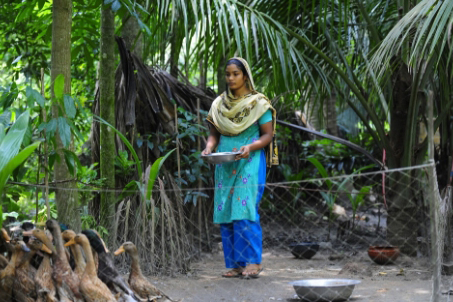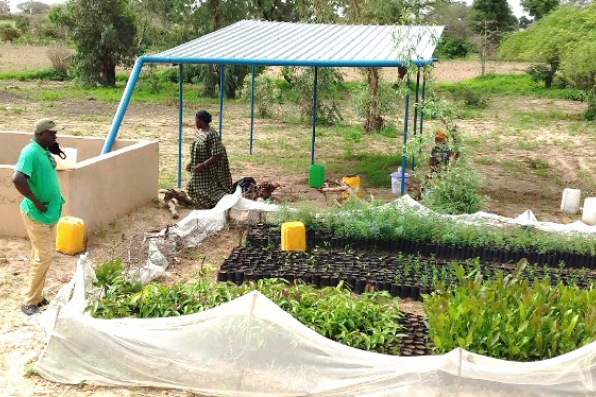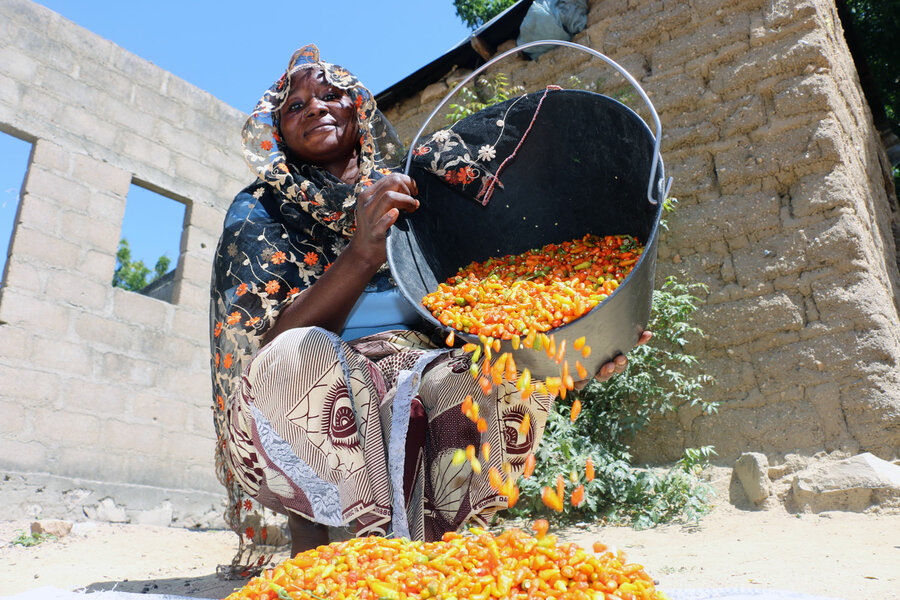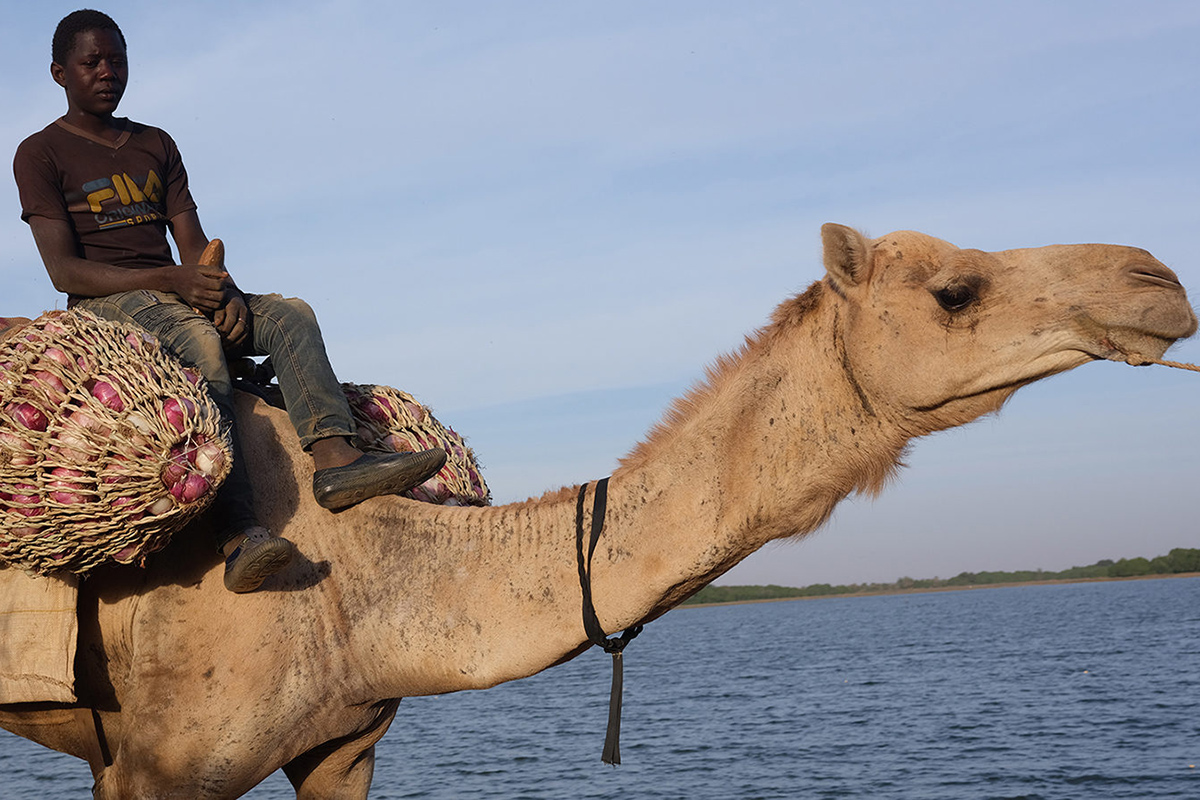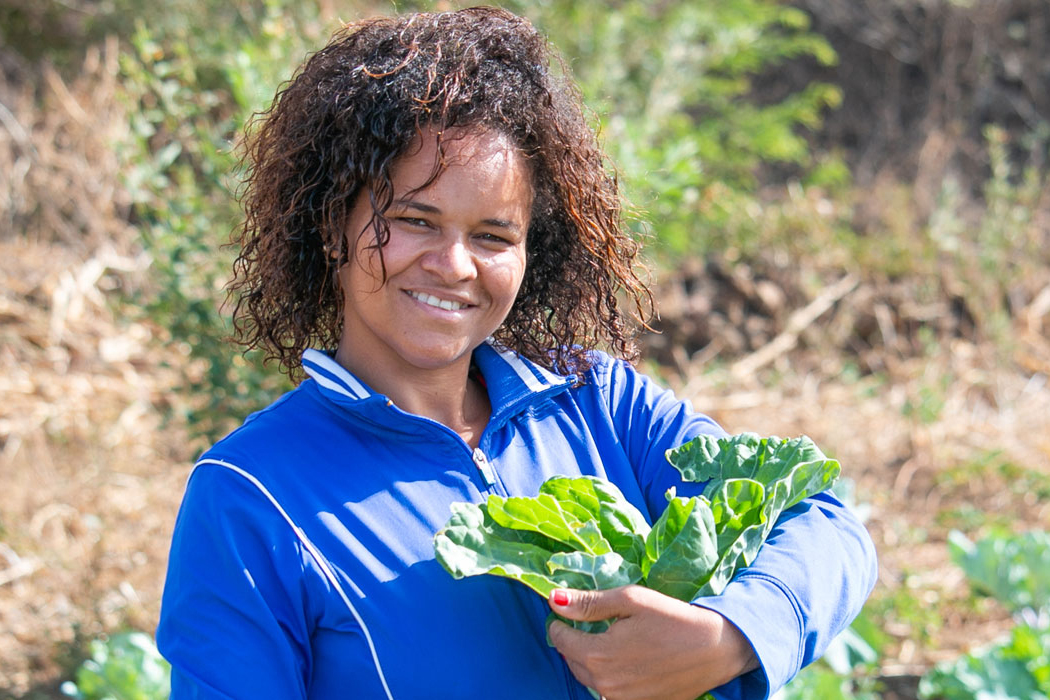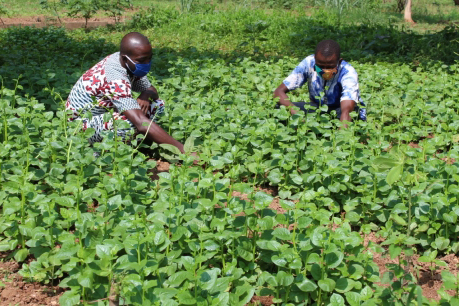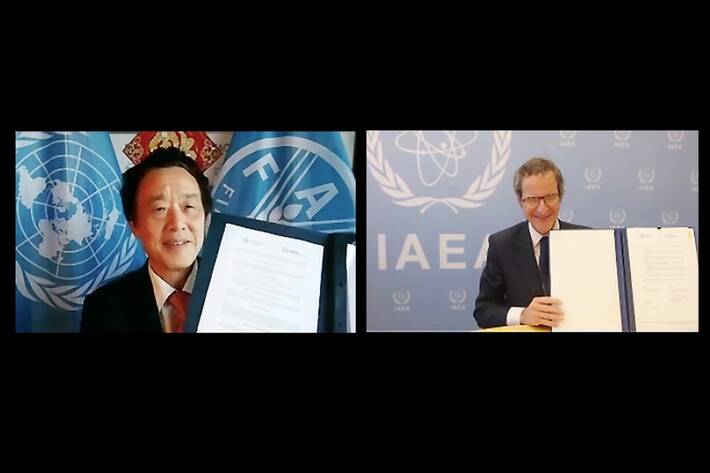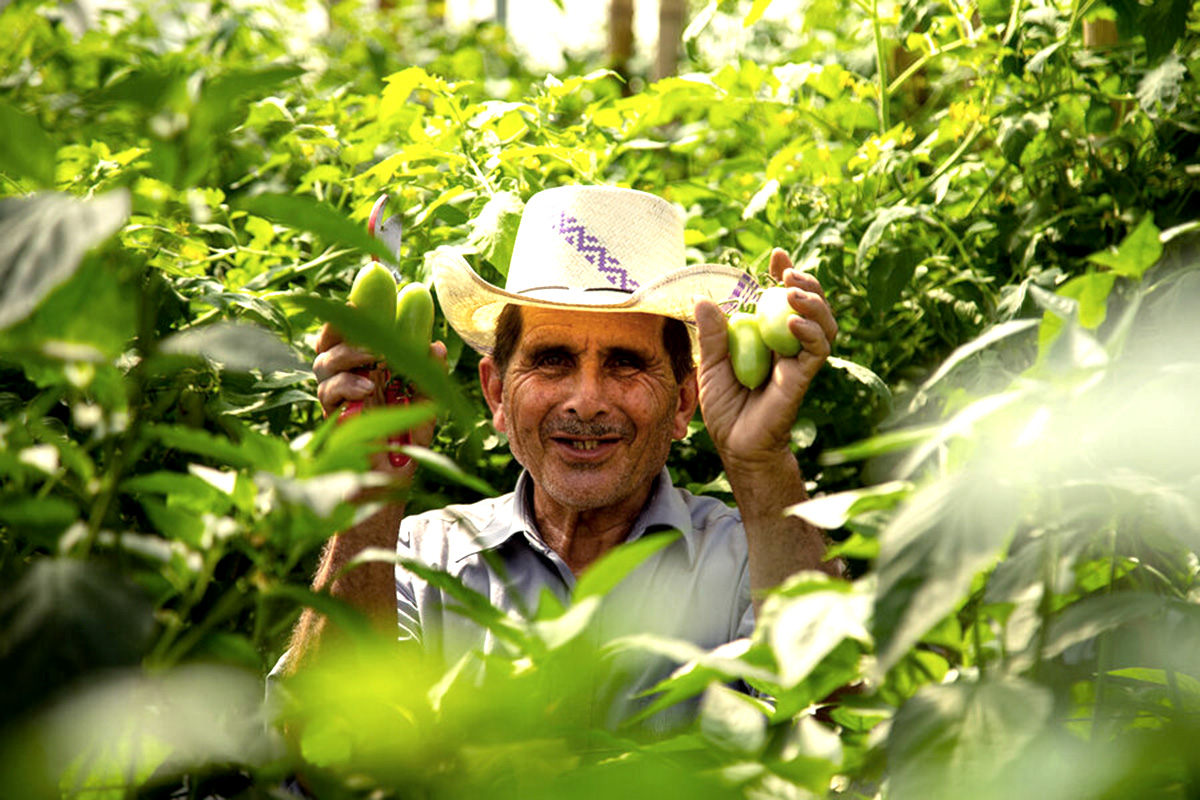Access to accurate and timely information is crucial for farmers all around the world, and even more so during the COVID-19 pandemic. Many farmers rely on digital services, especially those delivered through platforms accessible via mobile phones, to access this information. But for many small-scale farmers in rural and remote areas, this kind of access remains a challenge. Last spring the Kenya National Farmers’ Federation (KENAFF) created a mobile phone–based information service as a way to respond to the crisis and keep farmers better informed.
Agriculture and Food
The health of animals, people, plants and the environment is interconnected. One Health is an integrated approach that recognizes this fundamental relationship and ensures that specialists in multiple sectors work together to tackle health threats to animals, humans, plants and the environment. The global impact and response to the COVID-19 pandemic, a human health crisis caused by a virus passed from animals, highlights the need for coordinated action across sectors to protect health and prevent disruption to food systems. FAO promotes One Health in work on food security, sustainable agriculture, food safety, antimicrobial resistance (AMR), nutrition, animal and plant health, fisheries, and livelihoods.
Food insecurity is a daily challenge for many people across Niger. UNOPS is supporting Niger to address agricultural challenges.
Last September in Senegal, more rain fell in a single day than in the usual 3-month rainy season. Intense rain in shorter periods of time followed by a longer dry season are the effects of climate change and ultimately result in either too much or too little water for the farmers who rely on it for their survival. Close to 90 percent of farming households in Senegal practice rain-fed agriculture. An FAO project is working to introduce both rainwater harvesting systems and innovative water management techniques that build on traditional methods.
Mayramou Hamadou wears a smile on her face like a badge of honour. Though the mother of four doesn’t own land, she is part of a community effort that feeds the town of Mayo-Moskota, in Cameroon’s troubled Far North region. This year, the 47-member Klakil Farmers cooperative — of mostly women supported by the World Food Programme (WFP) — has harvested over 100 kg of peppers from its 7-hectare plot. Its members include longtime Mayo-Moskota residents but also displaced people like Mayramou, who fled the Boko Haram insurgency that has gripped this region and parts of neighbouring Nigeria too.
With the highest birth rate in the world, recurring droughts exacerbated by climate change and a lack of arable land and access to water, producing enough food to sustain Niger’s rapidly growing population is an enormous challenge. To help improve food security for its growing population and address climate-related challenges, UNOPS is supporting an ambitious programme – funded by the Millennium Challenge Corporation – that aims to harness the country’s agricultural potential, boost economic development and ensure a more sustainable approach to using natural resources.
The International Year of Fruits and Vegetables 2021 is a unique opportunity to raise awareness on the important role of fruits and vegetables in nutrition, food security and human and planetary health. It also aims to reduce food loss and waste and promote sustainability and safety of the fruits and vegetables value chain. #iyfv2021
Like other women on Santiago, the largest island of Cabo Verde, Maria Lizita Varela used to rely on sand extraction as a source of income. It was thankless, dangerous work. The negative environmental impact of sand extraction is palpable, too. Now, an IFAD-funded project on the islands of Santiago and Maio is offering women opportunities for better incomes through safer and less time-consuming activities.
FAO’s Junior Farmer Field and Life Schools (JFFLS) programme provides agricultural and entrepreneurial training for young people in rural areas. These JFFLS programmes have been implemented in many countries around the world, focusing on providing vulnerable youth, especially in crisis and post-conflict contexts, with practical and commercial farming skills. Emmanuel was invited to take part in the training by an FAO Youth Coordinator. He was part of the first group of young people in CAR to go through the training, which took place in Boali, 95 kilometres away from Bangui.
For more than 57 years, the partnership between the Food and Agriculture Organization of the United Nations (FAO) and IAEA has contributed to addressing global challenges, including food insecurity, climate change, animal/zoonotic diseases and, most recently, the COVID-19 pandemic. The IAEA and FAO signed a revised arrangement, which upgrades their partnership and expands the horizons of their work.
In the area of Bamyan in central Afghanistan, whilst men do most of the farming, it is the women who take care of livestock. It tends to be a solitary activity, however, and women working together as a community, is uncommon in Afghanistan. The Household Food and Livelihood Security project funded by the Swiss Development Cooperation, aims to change this, bringing women together, boosting their knowledge and raising incomes not just for their own households, but for their whole community. The women livestock keepers participate and form bonds in group meetings, where they can exchange their views, share experiences and learn new techniques as well as keep in contact with their relatives or loved ones.
Donors are responding favourably to IFAD’s call to significantly increase contributions to deliver an overall programme of work of at least US$11 billion from 2022 to 2024.
El Salvador: Growing ‘green gold’ in Central America’s Dry Corridor


